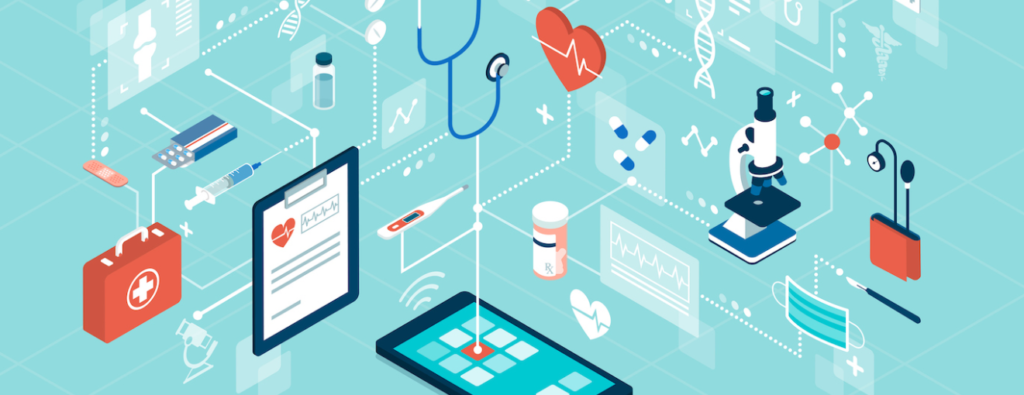As we stand on the brink of a technological revolution in healthcare, the emergence of smart health services is reshaping the landscape of medical care and patient experience. This comprehensive guide delves into the burgeoning world of smart healthcare services, exploring how the fusion of technology and healthcare is creating new paradigms for treatment, patient care, and health management.
Table of Contents
Smart Healthcare: The New Frontier
Smart healthcare represents the integration of advanced technology into the medical field. It’s where devices, interconnected through the Internet of Things (IoT), gather and analyze data to enhance patient care and improve health outcomes. At the core of this transformation is the concept of smart devices – a synergy of hardware and software, sensors, and connectivity components that facilitate real-time health monitoring and data-driven decision-making.
Key Technologies Powering Smart Health Services
1. Big Data Analytics: In the realm of healthcare, the immense volume, velocity, and variety of data generated offer unprecedented insights into patient health and disease patterns.
2. Machine Learning and AI: These technologies enable predictive analytics, personalized treatment plans, and intelligent decision-making in healthcare services.
Archetypes of Smart Health Devices
1. Analog: Basic hardware used in traditional medical devices.
2. Digital: Combination of hardware and software in modern medical devices.
3. Connected: Devices equipped with connectivity features for data transmission.
4. Responsive: Devices with sensors and actuators for responsive health monitoring.
5. Intelligent: Advanced devices incorporating AI for smart health decisions.
Challenges and Solutions in Smart Healthcare
The journey towards smart healthcare is not without challenges. Issues like sustainability, data protection, and the complexity of integrating various systems are significant hurdles. However, the development of smart healthcare solutions involves agile and lean methodologies, focusing on both software and hardware, to address these challenges effectively.
Smart Health Services and Their Impact
Smart health services are transforming the way healthcare is delivered. They enable:
– Personalized patient experiences through data-driven insights.
– Remote health monitoring, reducing the need for frequent hospital visits.
– Empowerment of patients in their health management through mobile health apps and IoT devices.
Examples of Smart Health Services
1. Home Health Management: IoT devices for remote health monitoring and management.
2. Medical Treatment: Affordable and efficient management of chronic conditions through smart devices.
3. Technician Tools: Mobile apps and smart tools for healthcare professionals, enhancing service delivery and patient care.
Conclusion: The Bright Future of Smart Healthcare
Smart healthcare services are revolutionizing the medical field by creating value through improved patient experiences and efficient health management. This guide offers a glimpse into the potential and opportunities that smart health services present, marking a significant step towards a healthier, technology-driven future.


Pingback: Uncovering Insights in Health Data: The KDD Approach - Wasu Mekniran